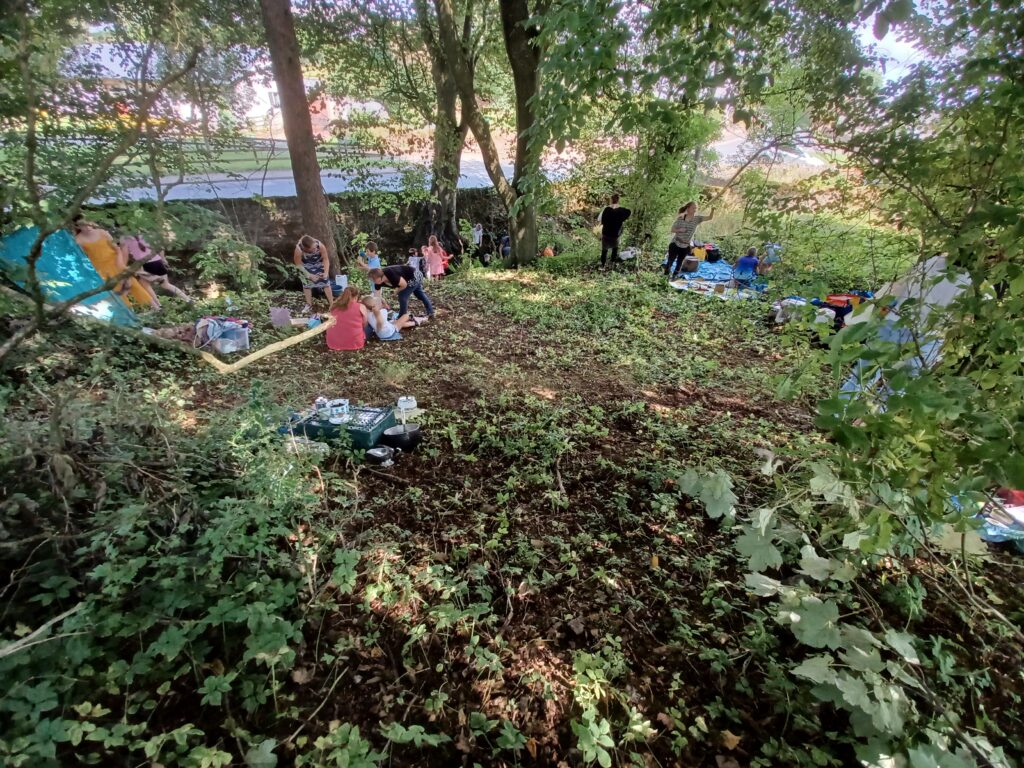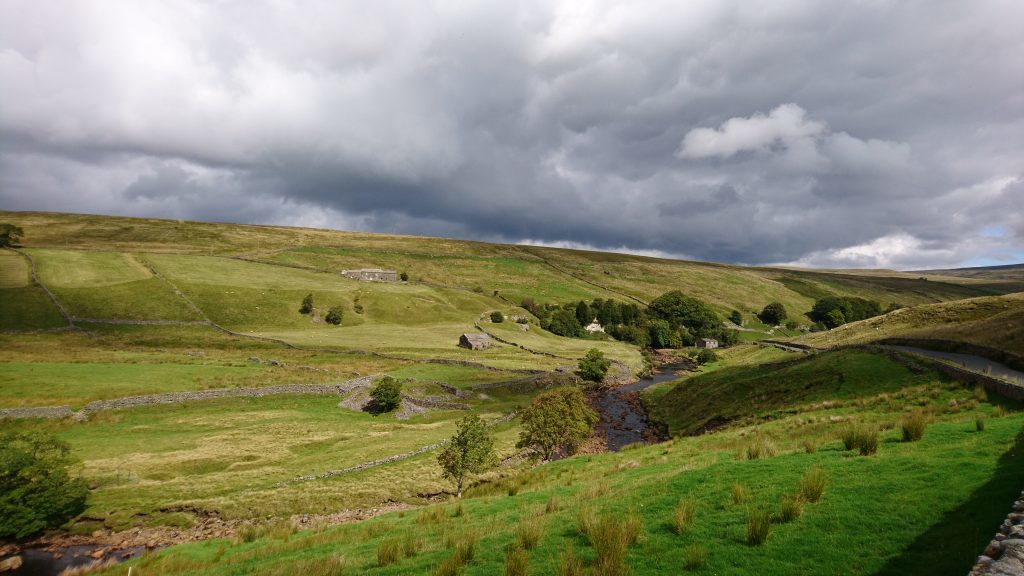News
Red Kite disappears in suspicious circumstances
5 December 2024
Red Kite disappears in suspicious circumstances
Joint press release – RSPB, Durham Police, North Pennines AONB Partneship and Friends of the Red Kite
- The bird was fitted with a satellite tag near Gateshead last summer to allow experts to monitor its movements
- The tag stopped working unexpectedly on 17 April 2020, its last position coming from an area dominated by driven grouse shooting within the North Pennines AONB
- The RSPB is concerned the bird may have been illegally killed
Durham Police, the RSPB, the North Pennines AONB Partnership and Friends of Red Kites are appealing for information following the disappearance of a red kite in County Durham.
The young bird was fitted with a satellite tag at Rowlands Gill, near Gateshead in June 2019 by Friends of Red Kites (FoRK) with NERF support. It has been monitored since by the RSPB.
The bird, nicknamed ‘KK’, toured northern England, making it as far as the Peak District, then returned north and has been faithful to the Derwent Valley region ever since.
KK’s tag had been functioning normally until it suddenly and unexpectedly stopped transmitting. The last fix came from an area of driven grouse moor near the Derwent Reservoir on 17 April. It has not been heard from since.
Emma Marsh, RSPB England Director, said: “If you’ve seen a red kite wheeling high overhead you’ll know that they’re splendid birds. They enrich our landscapes and bring joy to many.
“When a tag which has been functioning reliably suddenly cuts out, this gives us immediate cause for suspicion. The additional fact that the tag’s last data fix came from an area dominated by driven grouse shooting rings serious alarm bells.
“The connection between driven grouse shooting and the illegal killing of birds of prey has been well documented. Sudden, unexplained disappearances of tagged birds of prey are happening far too often in these landscapes. Satellite tags continue transmitting even after death, so if this bird had died naturally we would expect to be able to recover it.”
Red kites are specially protected under the Wildlife and Countryside Act (1981) which makes it an offence to deliberately kill or injure this species. Those found to have done so could be given an unlimited fine and/or a prison sentence.
Harold Dobson, spokesman for the Friends of the Red Kites, said: “It’s 15 years since the first red kites were re-introduced in the Lower Derwent Valley. They are faring well in the valley itself and we enjoy watching these impressive, majestic birds of prey.
“As mainly scavengers, the red kites are of no threat to anyone. However, we fear that human persecution is preventing them from naturally expanding their range: since 2010, seven red kites have been found poisoned or shot near the Derwent Gorge and surrounding Durham Moorland. We fear that this may be the tip of the iceberg and that many more persecuted kites are never found.”
Inspector Ed Turner, the lead for wildlife and rural crime for Durham Constabulary said: “The fate of this red kite is not yet clear, we are working with the RSPB to establish what has happened since its transmitter unexpectedly stopped on 17 April 2020. Until we can rule out the possibility that a crime has not been committed, then we will be taking this matter very seriously and if anyone has any information please contact the police quoting 22042020-0078.”
Chris Woodley-Stewart, Director of the North Pennines AONB Partnership, said: “Though the fate of this bird isn’t certain, the fact that it was carrying two reliable trackers means this looks very like a crime may have been committed. This is an area where a significant number of kites have been shot or poisoned and we’d really appeal to anyone who knows anything that might help shed light on this incident to come forward.”
If you have any information about this incident, please contact the police on 101, quoting the reference number above. Alternatively, if you have information about birds of prey being killed or targeted near you, please call the RSPB’s confidential Raptor Crime Hotline on 0300 999 0101.
ENDS
For further information and to arrange an interview, please contact: Jenny Shelton, RSPB investigations liaison officer, on 01767 693024 or email jenny.shelton@rspb.org.uk
Photographs and radio interviews:
For further images or to arrange an ISDN broadcast-quality radio interview please contact Jenny Shelton.
Images (c) RSPB
Follow @RSPBNews for the latest news
Editor’s notes:
- The RSPB is the UK’s largest nature conservation charity, inspiring everyone to give nature a home. Together with our partners, we protect threatened birds and wildlife so our towns, coast and countryside will teem with life once again. We play a leading role in BirdLife International, a worldwide partnership of nature conservation organisations. rspb.org.uk
- The red kite is an unmistakable bird of prey with long wings and forked red tail. The UK now has an estimated 15% of the world red kite population following expansion of the native red kite population in Wales and successful reintroduction projects since 1989 in other parts of the UK.
- Birdcrime 2018 was published on 29 August 2019, detailing the incidents of raptor persecution reported to the RSPB during 2018 and the wider problem of bird of prey persecution in the UK. For more information go to: rspb.org.uk/birdcrime
- The Raptor Persecution Map Hub is the most complete, centralised set of known confirmed raptor persecution incidents in the UK. Use it to quickly and easily see where crimes have taken place and find out more about them. Search by year or location: rspb.org.uk/raptormap











